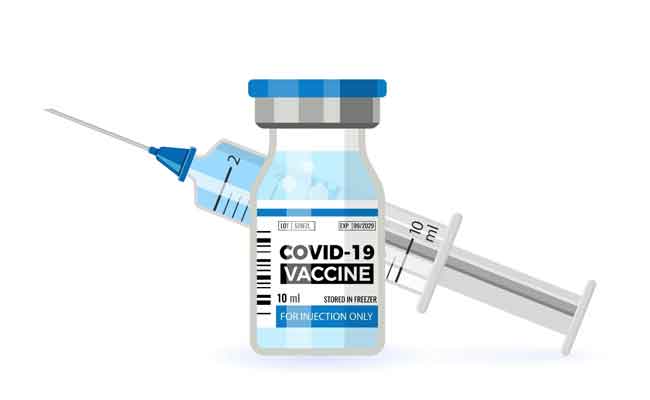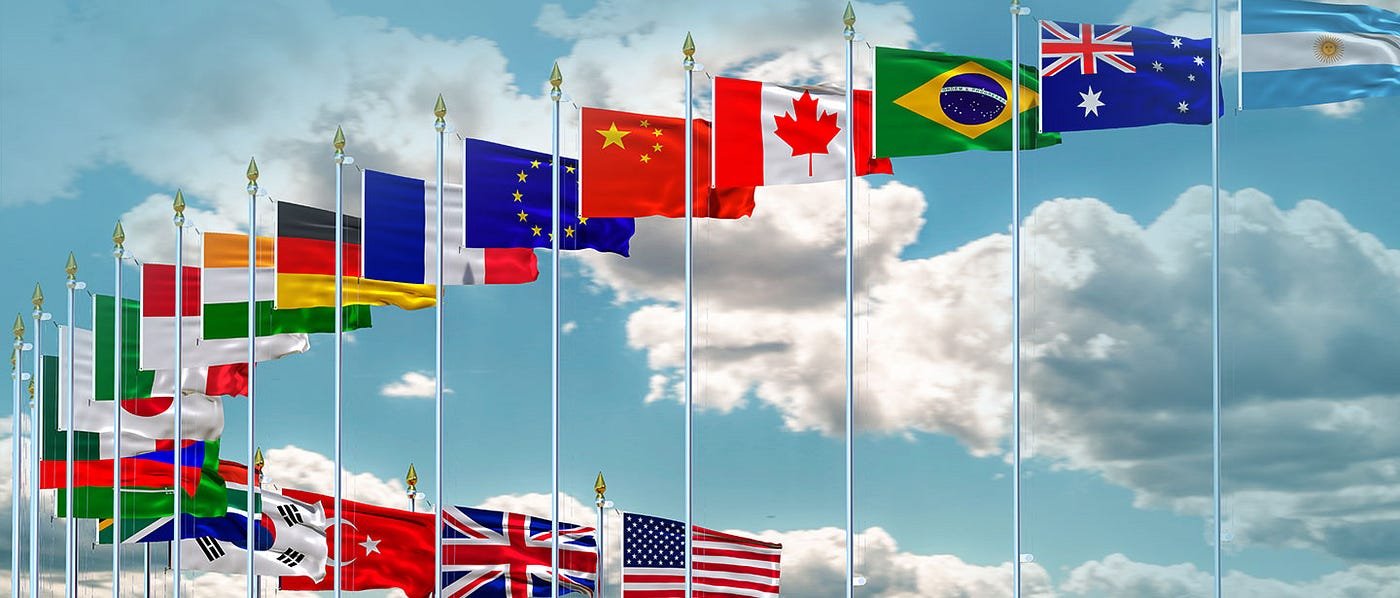COVID-19 vaccines have been developed and approved in record time to help combat the ongoing global pandemic caused by the SARS-CoV-2 virus. These vaccines have been the subject of much discussion and debate, with questions ranging from their effectiveness to their safety. In this article, we will explore what we currently know about COVID-19 vaccines and their potential impact on our health and society.
Types of COVID-19 Vaccines
Currently, there are several different types of COVID-19 vaccines that have been approved for emergency use by regulatory agencies such as the US Food and Drug Administration (FDA) and the European Medicines Agency (EMA). These vaccines fall into two main categories: mRNA vaccines and viral vector vaccines.
mRNA vaccines, such as the Pfizer-BioNTech and Moderna vaccines, work by using a small piece of genetic material called messenger RNA (mRNA) to instruct cells to produce a protein found on the surface of the SARS-CoV-2 virus. This protein is harmless by itself, but it triggers an immune response that can help protect against future infections.
Viral vector vaccines, such as the Johnson & Johnson and AstraZeneca vaccines, use a modified version of a different virus to deliver genetic material from the SARS-CoV-2 virus to our cells. This genetic material instructs our cells to produce a protein found on the surface of the virus, triggering an immune response that can protect against future infections.
Both mRNA and viral vector vaccines have shown to be highly effective at preventing COVID-19 infections, with efficacy rates ranging from 66% to over 90%, depending on the specific vaccine and study.
Benefits of COVID-19 Vaccines
The benefits of COVID-19 vaccines are numerous. Firstly, vaccines can help prevent serious illness and death caused by COVID-19. Studies have shown that vaccinated individuals are much less likely to require hospitalization or die from COVID-19 than unvaccinated individuals.
Secondly, vaccines can help slow the spread of COVID-19. When more people are vaccinated, there are fewer opportunities for the virus to spread, which can help protect those who cannot get vaccinated, such as individuals with certain medical conditions or those who are too young to receive the vaccine.
Finally, vaccines can help us return to a more normal way of life. As more people become vaccinated, restrictions on travel, gatherings, and other activities can be lifted, allowing us to resume some of the activities we enjoyed before the pandemic.
Safety of COVID-19 Vaccines
One of the main concerns surrounding COVID-19 vaccines is their safety. However, extensive clinical trials and real-world data have shown that COVID-19 vaccines are safe and effective.
![]()





